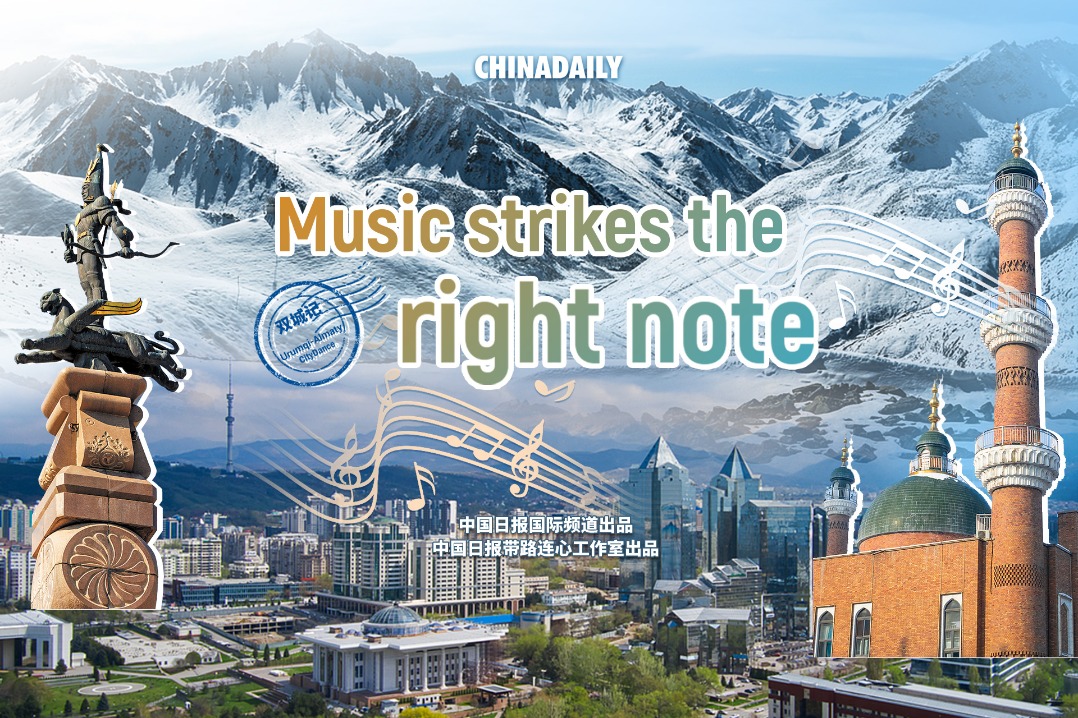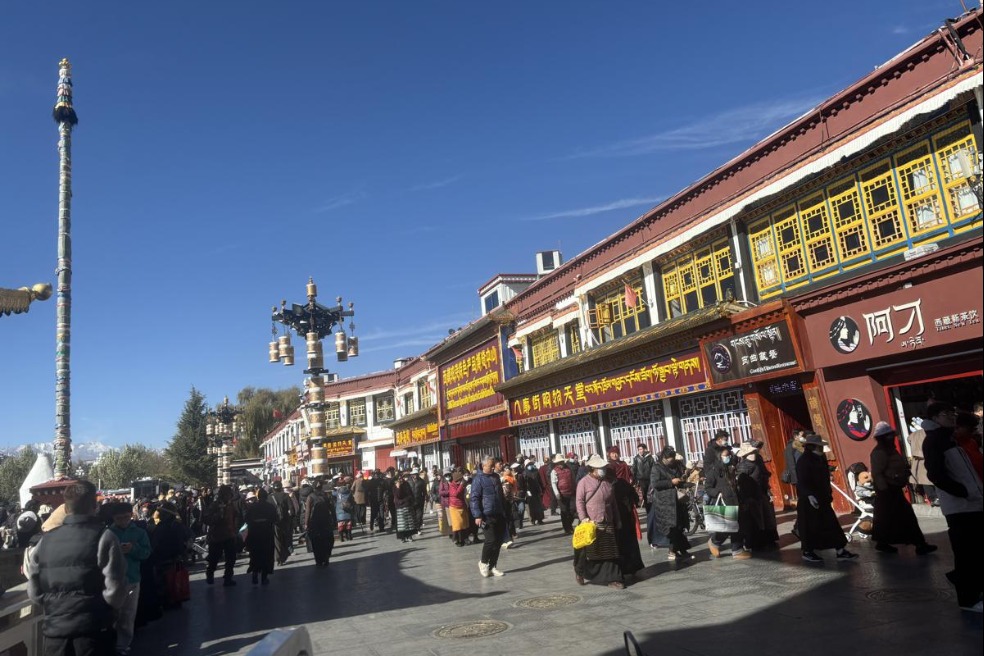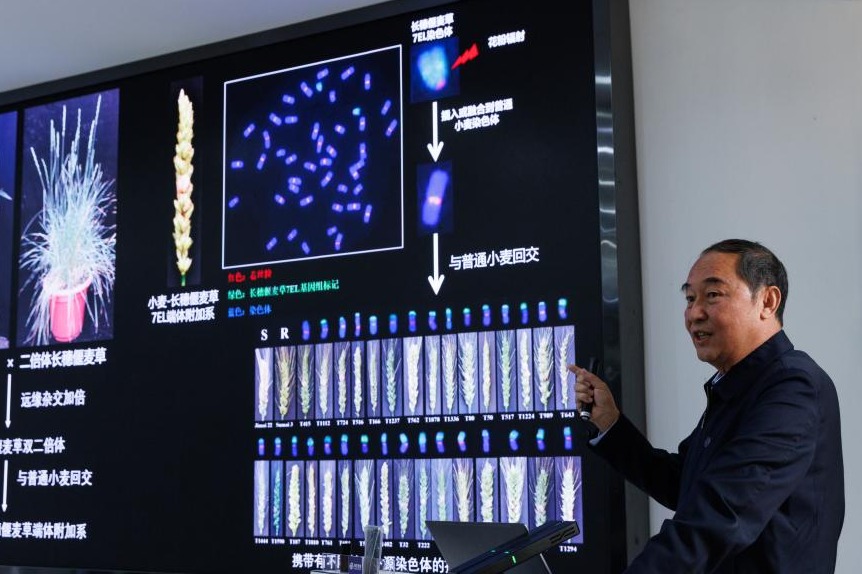The poetic fruits of success
Writers of today celebrate rich and ancient literary heritage of Huangyan, Xing Wen reports.

Patriotic Chinese poet Qu Yuan from the Warring States Period (475-221 BC) once wrote Ju Song, or Ode to the Orange Tree, praising the grace and beauty of an orange tree in southern China.
This literary masterpiece shows Chinese people's pursuit of beauty and virtue, and cements the symbolic significance of oranges in classical Chinese literature.
More than two millennia later, a group of contemporary poets and writers visited Huangyan district in Taizhou, East China's Zhejiang province, widely hailed as the hometown of Chinese honey oranges.
Amid the large stretch of orange groves there, they retraced the literary heritage of ancient literati who celebrated the allure of the scented fruit.
With an enriched vocabulary and refined sentence structure, these modern-day literati continue the tradition of poetic adulation for this cherished symbol of beauty and good fortune.
A poetry recitation, singing, and dance performance centered around promoting orange culture took place on the night of May 5 at an orange production base in Huangyan, where the luminous moonbeams caress the water of Yongning River, serenaded by the soothing melody of croaking frogs in the orange groves. The aroma of orange flowers intermingles with the moist air of the coastal area, giving rise to a poetic ambience. Together, these elements are likely to weave a tapestry of literary inspiration that envelops the senses of those present.
The event also kicked off a three-day field trip for a group of well-known writers and poets from across the country to explore the rural areas of Huangyan.
Yi ethnic group poet Jidi Majia, also former vice-president of the China Writers Association, encourages poets and writers to capture touching daily moments of local people and personally experience the vitality of the countryside, where livelihoods and ecology have been remarkably improved.
"I hope that more literary works could be created to promote orange culture in Huangyan, further arousing people's love for nature and the pursuit of a natural lifestyle, and stimulating the inherent driving force of rural spiritual and cultural development," he says.
He also expresses his hope to develop the gathering into an international event. "There are many regions in the world that are known for producing citrus fruits, and there are also many poets and writers who have a spiritual connection with oranges, orange trees, orange blossoms, and orange groves. I believe that Huangyan has the potential to host an international poetry event with an orange theme."
Huangyan has been growing honey oranges for more than 1,700 years. It has been making efforts to leverage high-tech facilities and agricultural talents as key drivers for revitalizing and developing its orange cultivation. To this end, Huangyan has collaborated with the Huazhong Agricultural University, the citrus research institute in Southwest University, Zhejiang Citrus Research Institute, and Zhejiang University, with plans to bring in over 100 experts to work in Huangyan.
"Such planting facilities as intelligent greenhouses have shown us the amazing transformation of citrus cultivation from relying on weather conditions to working with knowledge of the weather. The change provides us with rich creative materials for literary creation," says essayist Mai Ge.
During the field trip, the group of literati visited ancient villages, city parks, historic sites, and wetlands, which gave them a glimpse into the transformation of Huangyan's countryside and its achievements in ecological conservation.
Author Feng Qiuzi suggests that fellow writers and poets should approach nature with reverence and seek to connect with it by returning to their hometown or exploring the countryside.
"We should rely on our instinctual senses to listen, understand, and appreciate natural sounds. In doing so, we can uncover the secrets of the land and humanity, as well as explore the profound spiritual realm," she says.
Jiang Zi, a winner of the prestigious Lu Xun Literature Award last year, adds that rural areas serve as a crucial point for every Chinese writer to ponder upon the world.
"Today, with a global outlook in mind, the modernization of China's countryside and rural lifestyle will present new prospects for our literary creations themed on rural areas," he says.
Along with the aforementioned event, Huangyan will host a series of events, including a contemporary poetry art exhibition, poetry concerts, reader meet-and-greets and literary lover salons, in the following month.
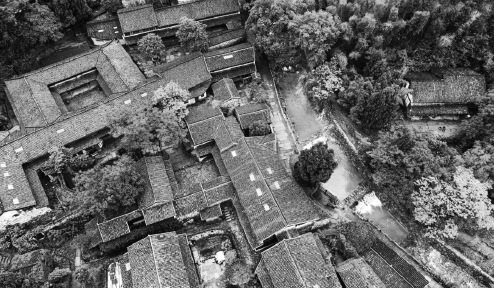
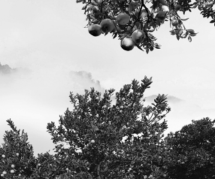
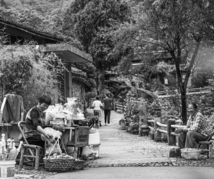
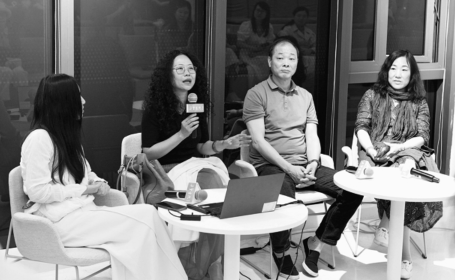

Today's Top News
- Judicial reform critical for modernizing governance
- Effective use of investment emphasized
- China's shuttle diplomacy strives to reach ceasefire
- Nanjing Museum's handling of donated art, relics being probed
- Key role of central SOEs emphasized
- New travel program hailed as 'milestone'

















